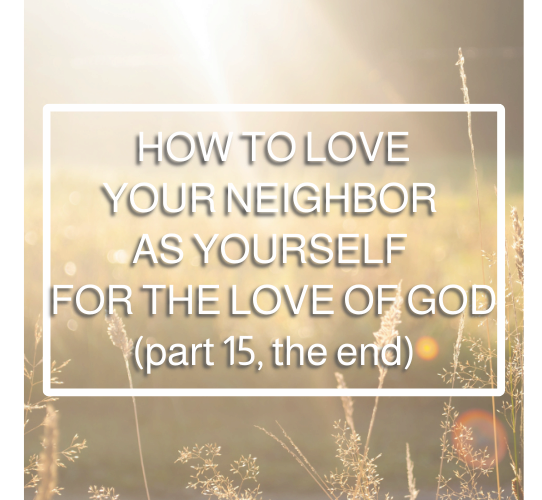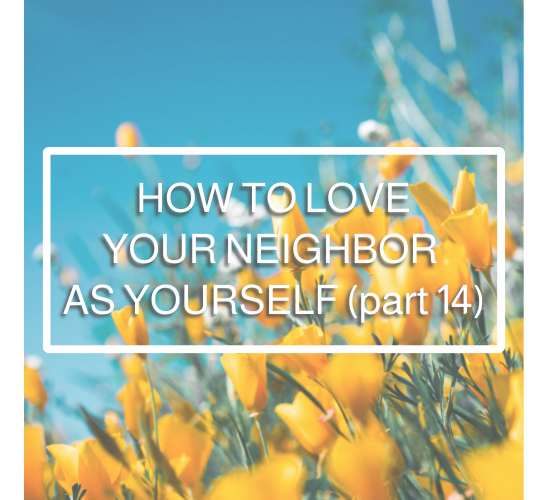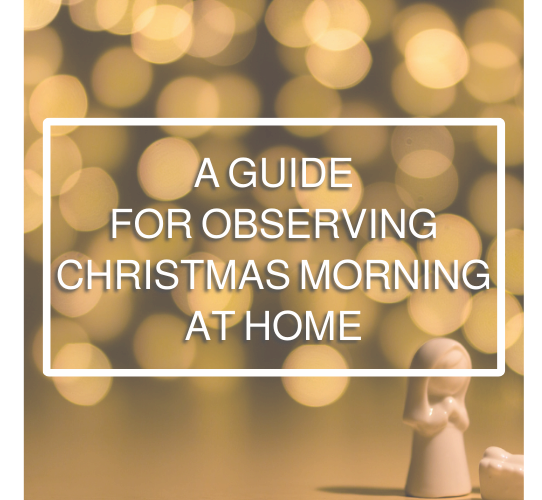Not Flaws, Features
NOT FLAWS, BUT FEATURES
What does being a Christian have to do with being a human? If we don’t know the answer to that question, then there’s a hole in our understanding of holiness.
There are many things we don’t like about being human beings. We have a love-hate relationship with our bodies. We don’t like the limits it puts on us—sleep, hunger, attention, fatigue. We’re frustrated by the way we need to be with people, and then need to get away. We hate that our emotions have mysterious needs, and negative consequences if ignored. We’re frustrated by the boundaries of our personality, by our inability to do whatever we want whenever, by the limits of our mind’s fragility, by our tendency to make mistakes, and by the various ways we break and ache.
We’d like to be… superhuman. It has long been the aspiration of humanity to get ourselves into a place where we have no need for God. A place where faith is not needed. A heaven not defined by the presence of God, but by the erasure of humanness: no weakness, no error, no fatigue, no forgetting, no limitations. “We’re all good here, God! Thanks for checking in.”
Is this holiness? The slow elimination of our need for faith, for forgiveness, …for Him?
One consequence of a dualistic or Gnostic view of the world is that we long to reduce our limits. We want to be free. We want to be free from the way we were made. The only restrictions should be those we choose, so that we might be utterly self-defined, living lives of utter self-determination. We’re unhappy with being creations and creatures.
God wants us to be holy, yes. But now this misshapen desire effects our idea of what that means.
For example, when I was in college one of my missionary-heroes was C.T. Studd. Among the various acts of zeal that made him biography-worthy, the one that captured my attention was how he would rise at 3 a.m. and read his bible and pray for hours. I thought, “That’s real dedication! That’s real holiness!”
So I tried this. I’d get up at 4 a.m., read and pray. The most notable consequence was …I became much less pleasant to be around. Grumpy, rude, short-tempered, etc.: these were not the result of lack of holiness, but of lack of sleep.
The Spirit of God uses a good night’s sleep to help us be more like Christ? Well, why not? Who designed us to need sleep? God did. Doesn’t sleep serve the deep wisdom with which we were created? Of course it does.
God designed us to need sleep, exercise, and good food. God designed us to like being with people, having friends, living near family, and having time alone with our thoughts. God designed us to grieve and be ashamed, to have anger and ambition, to have desires and dreams. As they say in the design world: these are not flaws; they are features.
And it’s not a question of whether these are parts of our lives; they are. It’s not a question of whether they’re really impactful aspects of our lives; they are. It’s a question of will we pay attention to them, receive them, and honor them.
We were created. We are creatures. That means that we have boundaries—we were made by someone else! That means that there is much we cannot do. And this means that these things in our lives that frustrate us are there for a reason (or reasons). Depending on how intelligent a creator is, design-decisions can be quite sophisticated and difficult to appreciate. And our creator is infinitely wise! We must honor and submit to His love in our design.
We were created. So we are also creations. We each have a purpose—we were made for a reason. And fulfilling our created-purpose is closely connected with honoring our created-design. We can’t be a good creation if we’re a bad creature. God made us how we need to be in order to do what He made us to do. In sin, we say, “I don’t want to do what You want me to do and I don’t want to be what You want me to be.”
So, first, it is not a sin to be under-slept or hungry or to need a walk. We should be careful with how we judge ourselves and others under these conditions. Holiness is often imagined to be a slicing blade, cleaving the righteous from the unrighteous. But holiness is a soft-science—it’s making progress toward God, yes, but as sleepy, hormonal, regularly hungry people.
Our understanding of holiness must include the patience and gentleness which are the marks of the Spirit of Holiness. We must make appropriate allowances for our humanity. And we should do so in a way that is humble and grateful. Sometimes a glass of milk, a hike, a party, or a nap, will be used by the Spirit to do more for our Christlikeness than many sermons could.
Second, we should temper our vision of holiness with the boundaries of createdness. It is not true that the closer we get to God the less we’ll need food, sleep, or friends. Sleeplessness is not a Christian virtue. Embracing sleep with gratitude and faith is. Fasting makes us no more holy than enjoying a fine meal can. Being struck by grief at the loss of someone significant is not a sign of worldliness—sometimes it’s holy to weep. And desire is not a vice. Buddhists believe that desire is the cause of pain, based on their dualistic vision of the world. We are not Buddhists. We are Christians. We long-for and cry out, "Come! Lord Jesus!" and desire His Kingdom.
We recognize that the way-we-are is a design; it’s wisdom and love. To be fully holy is to be truly human.
The aim of holiness is not greater self-reliance, but greater, more pervasive, and more delighted God-reliance. Receiving the gift of our design, our limits, our needs, even our expiration dates, is all part of delighting in our Creator. It’s all part of becoming holy.
Photo by Ivana Cajina on Unsplash











